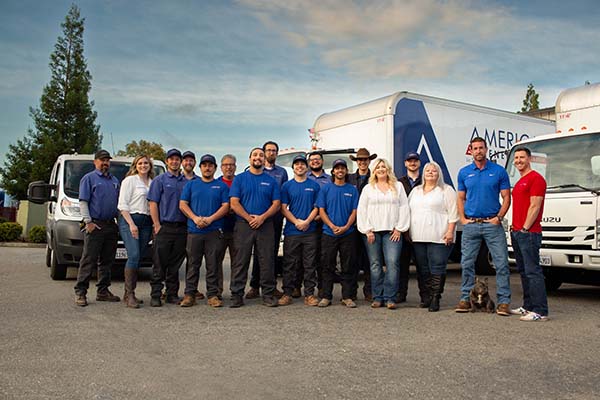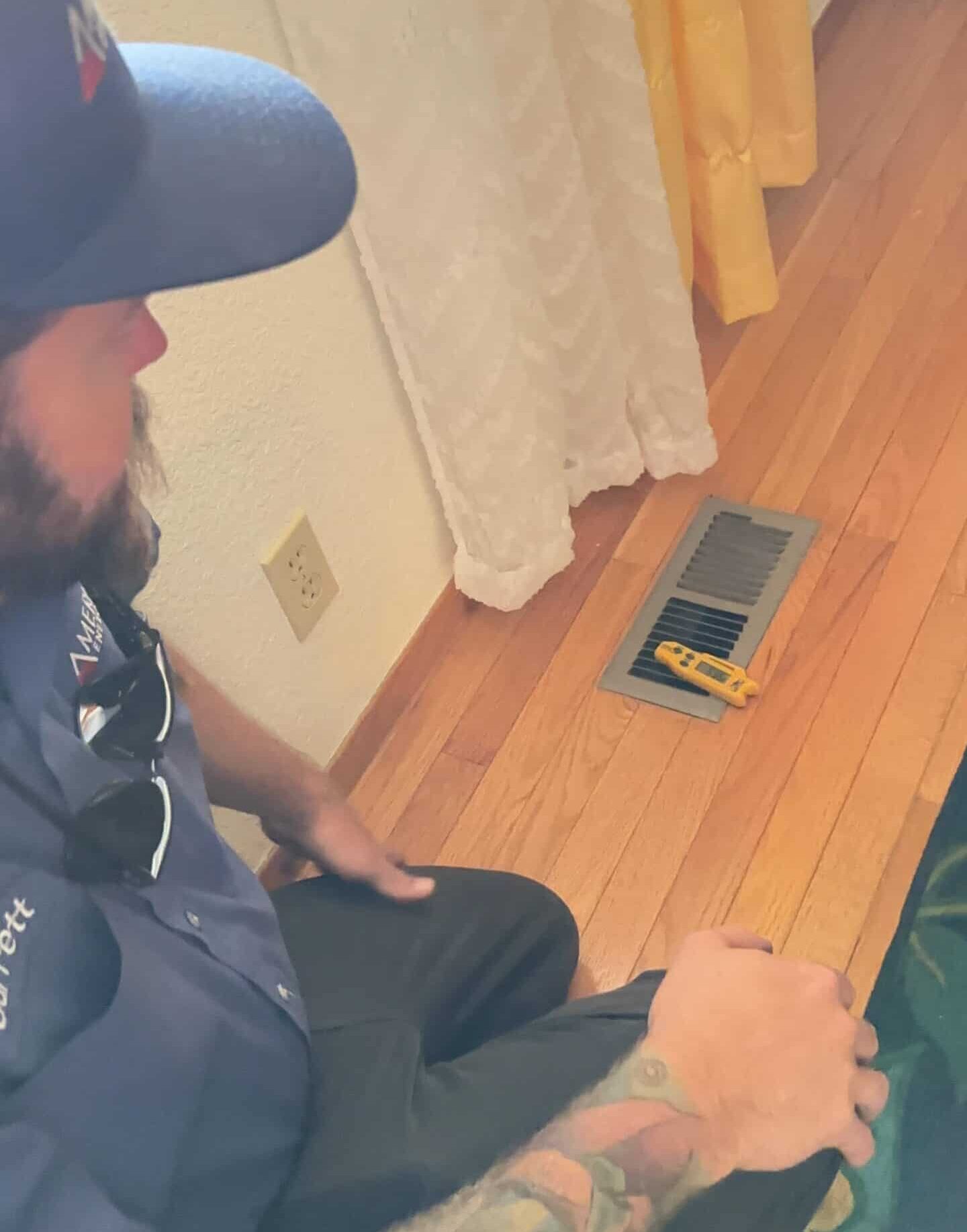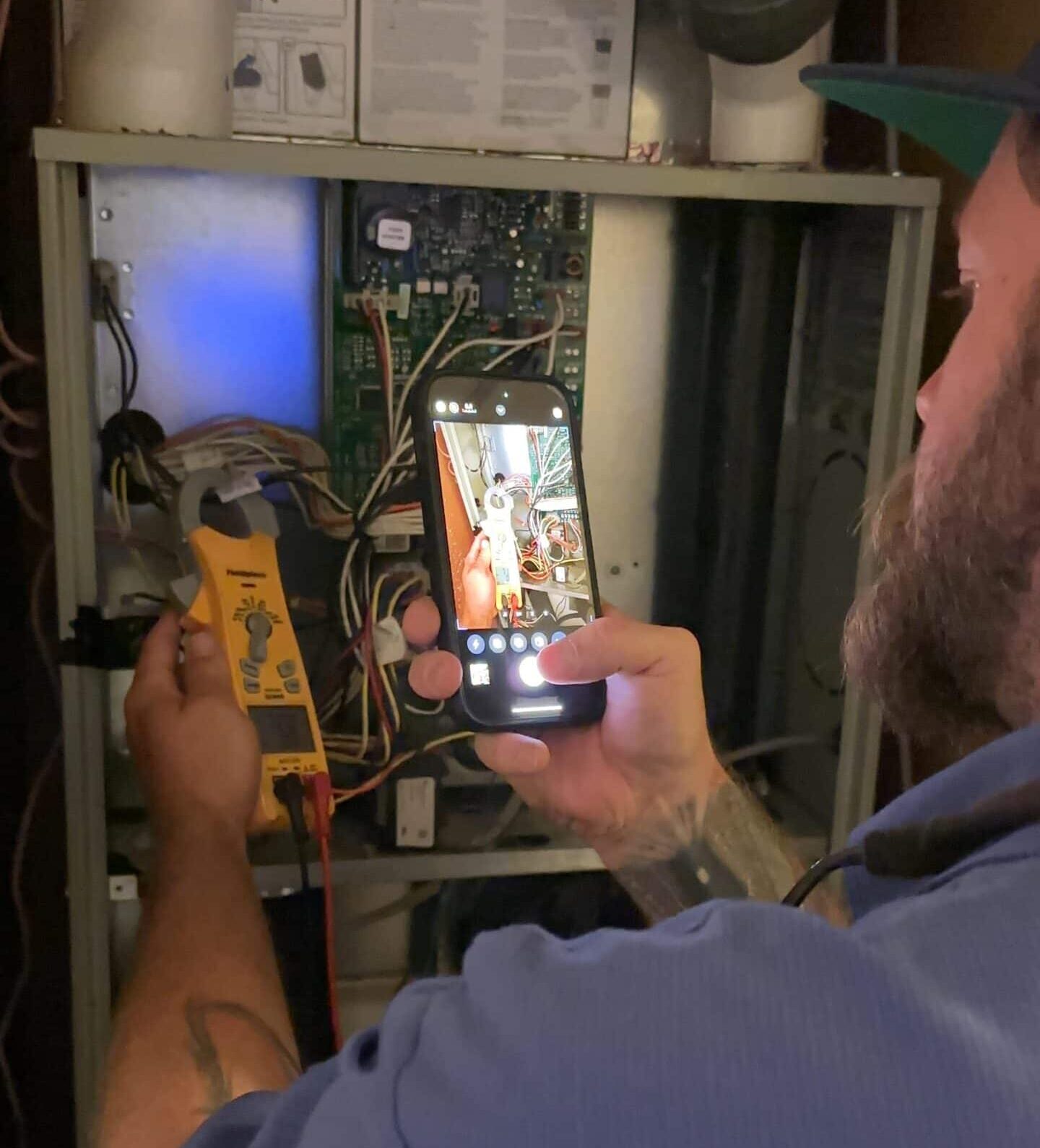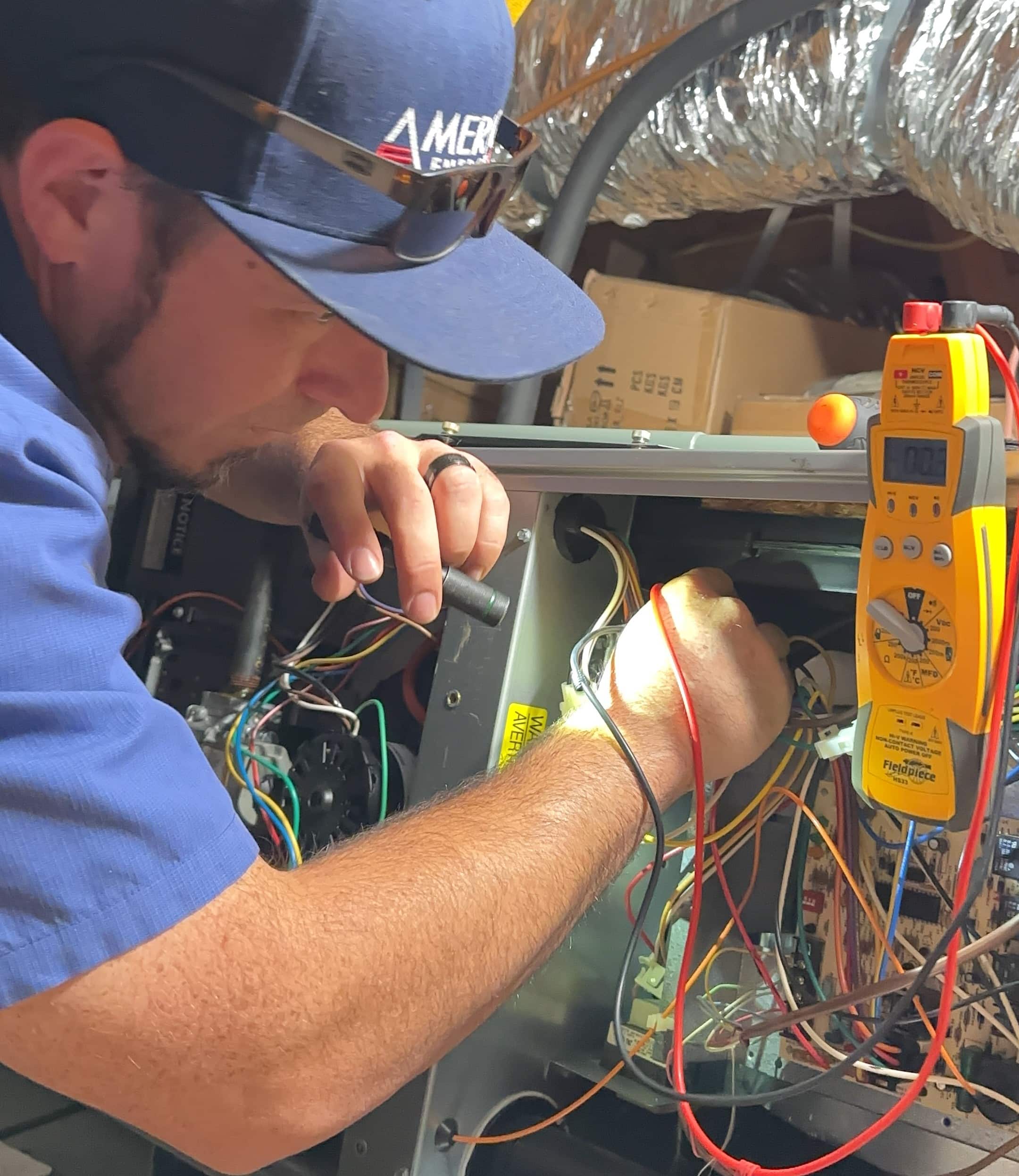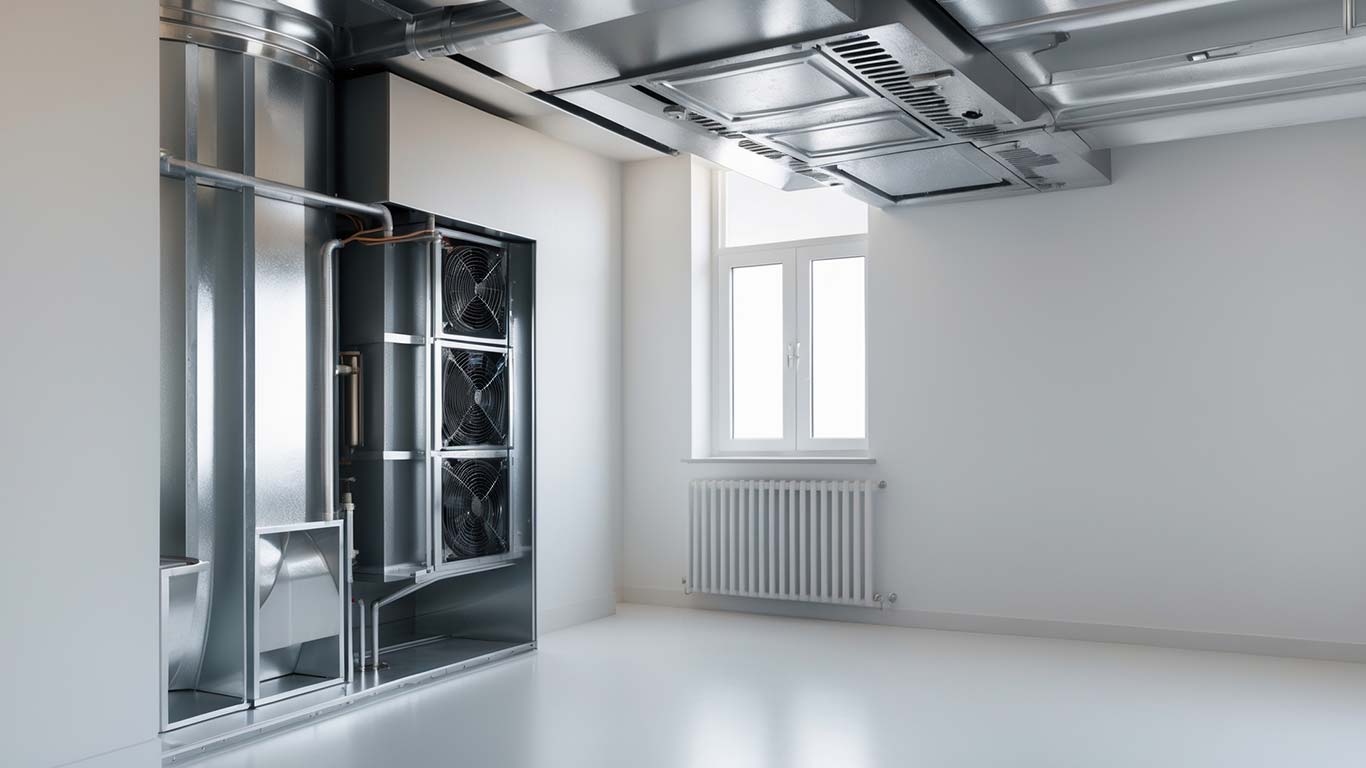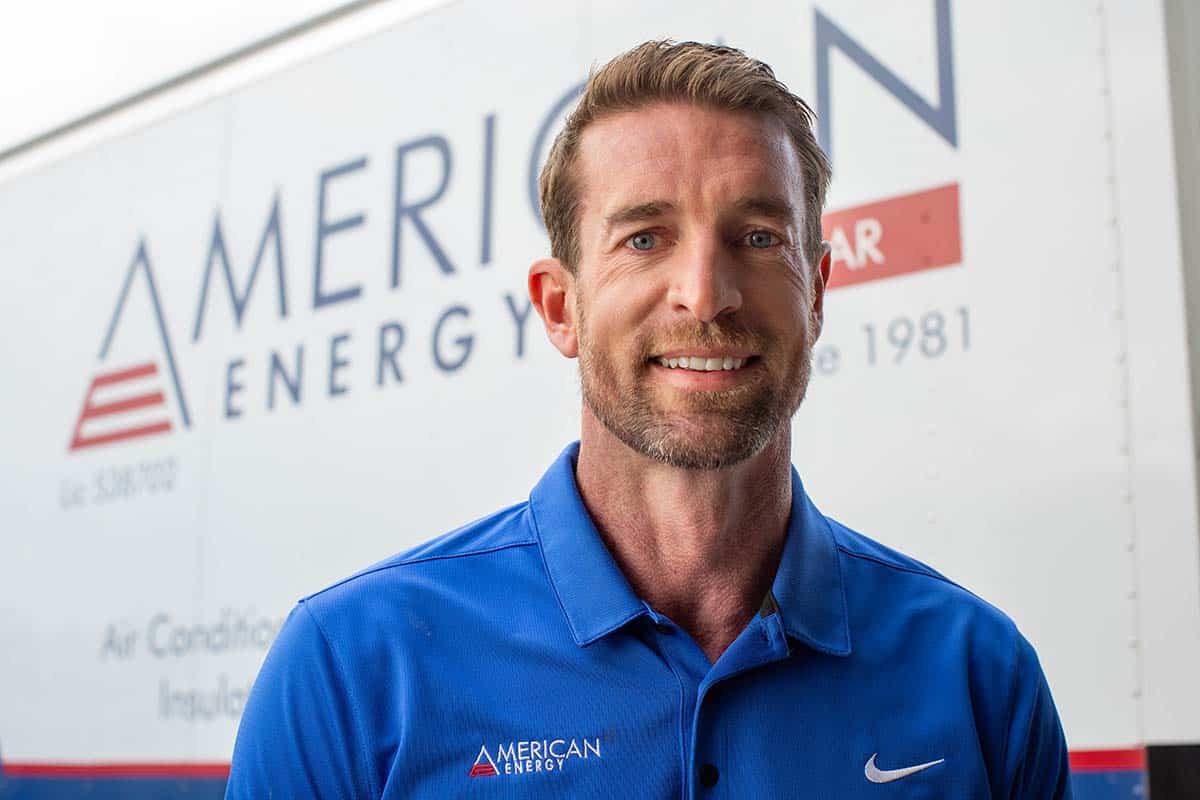An HVAC Preventative Maintenance Checklist for Homeowners
Proper HVAC maintenance can prevent expensive repairs in the future. Read here for an HVAC preventative maintenance checklist for homeowners.
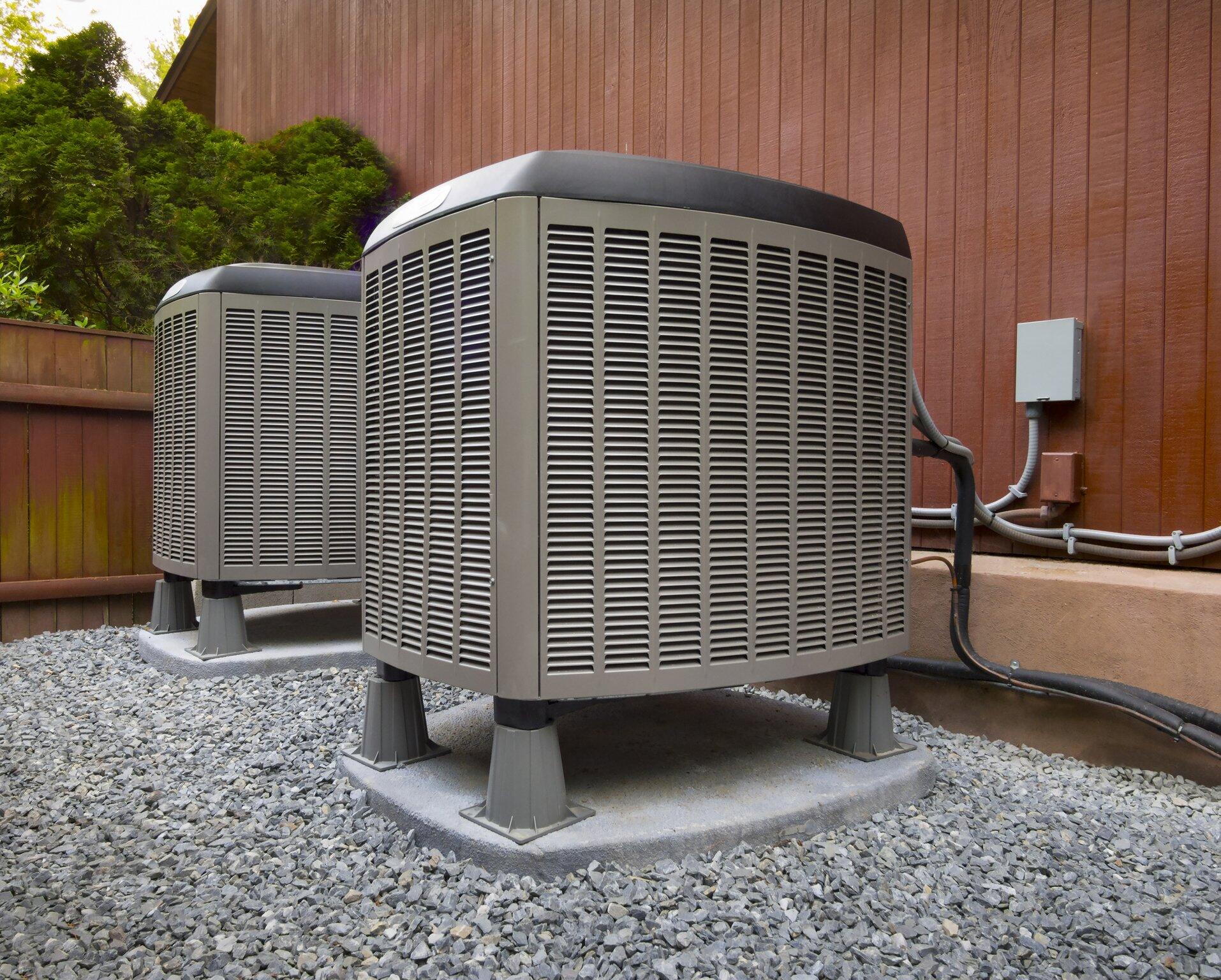
An HVAC Preventative Maintenance Checklist for Homeowners
Your home’s HVAC (Heating, Ventilation, and Air Conditioning) system is crucial in maintaining comfort and indoor air quality. You can’t do without it! Unfortunately, it seems to fail at the exact wrong time every time.
To ensure the longevity and efficiency of your HVAC system, it’s essential to implement a proactive preventative maintenance routine.
This HVAC preventative maintenance checklist serves as a guide for homeowners like you to keep HVAC systems in top-notch condition, so keep reading.
Regular Filter Replacement
One of the simplest yet most vital tasks in HVAC maintenance is regularly changing the air filters. Clogged or dirty filters restrict airflow, forcing the system to work harder and increasing energy consumption.
Homeowners should inspect and replace filters every one to three months, depending on factors like the filter type, household size, and the presence of pets.
Changing air filters regularly also leads to improved indoor air quality by reducing the presence of allergens, dust, pollen, and other contaminants. Cleaner air promotes a healthier living environment, especially for individuals with respiratory conditions or allergies.
Check Thermostat Functionality
The thermostat serves as the command center for your HVAC system. Regularly check and calibrate your thermostat to ensure accurate temperature readings and efficient operation.
Consider upgrading to a smart or programmable thermostat for better control over your home’s climate and energy consumption. Many smart thermostats offer remote access through smartphone apps. This allows you to adjust the temperature even when you’re away from home, ensuring that you’re not heating or cooling an empty house.
Smart thermostats allow for precise temperature control. You can set specific temperatures for different times of the day, ensuring that your HVAC system operates efficiently based on your preferences and schedule.
Inspect and Clean Air Ducts
Over time, dust, debris, and even mold can accumulate in your home’s air ducts, hindering airflow and compromising indoor air quality. Schedule periodic professional duct cleaning to remove these contaminants and ensure your HVAC system can distribute clean, healthy air throughout your home.
Examine Refrigerant Levels
For air conditioning systems, maintaining proper refrigerant levels is crucial for efficient cooling.
In the air conditioning mode, the refrigerant absorbs heat from the indoor air. As warm air from inside your home is drawn into the HVAC system, the refrigerant within the evaporator coil evaporates, absorbing heat from the surrounding air in the process. This results in cooler air being circulated back into your living space.
Low refrigerant levels can lead to increased energy consumption and potential system damage. Consult a professional HVAC technician to check and replenish refrigerant levels as needed.
Clean and Inspect Evaporator and Condenser Coils
The evaporator and condenser coils in your HVAC system play key roles in the cooling process. Over time, these coils can accumulate dirt and dust, reducing their efficiency. Regularly clean and inspect these coils to ensure optimal heat exchange and prevent potential breakdowns.
Lubricate Moving Parts
HVAC systems, with various moving parts, such as fans and motors, can experience wear and tear over time. Proper lubrication of these components helps reduce friction and extends their lifespan.
Refer to your system’s manual or consult a professional technician for guidance on appropriate lubrication intervals and products.
Inspect and Tighten Electrical Connections
Loose electrical connections can be a safety hazard and lead to system malfunctions. Regularly inspect and tighten all electrical connections in your HVAC system. If you notice any frayed wires or signs of damage, contact a professional technician to address the issue promptly.
Test Safety Controls
HVAC systems are equipped with safety controls to protect against malfunctions and potential hazards. Test these safety features regularly to ensure they are functioning correctly. If you encounter any issues, seek professional assistance to address and resolve them promptly.
Check the Condensate Drain
The condensate drain is responsible for removing excess moisture from your HVAC system. In some systems, particularly high-efficiency models, the condensate is not just drained away but may be used for additional energy efficiency.
This water can be redirected to pre-cool the air entering the system or used for other purposes, reducing the overall energy consumption of the HVAC system.
Over time, the condensate drain can become clogged with algae, mold, or debris, leading to water damage and increased humidity levels. Inspect and clean the condensate drain regularly to prevent potential issues.
Inspect and Seal Ductwork
Leaky ducts can cause uneven distribution of air throughout your home. Some rooms may receive less conditioned air than others, leading to temperature disparities and discomfort. This uneven heating or cooling of your home can also prompt the thermostat to overcompensate, potentially causing your HVAC system to run longer than necessary.
This inefficiency can result in higher utility bills. Periodically inspect your ductwork for leaks and seal them with duct mastic or foil tape.
Properly sealed ducts enhance the overall performance of your system and ensure that conditioned air reaches its intended destination.
Schedule Professional HVAC Inspections
While many aspects of HVAC maintenance can be handled by homeowners, it’s crucial to schedule regular professional inspections. HVAC technicians have the expertise and tools to identify and address potential issues before they escalate. Repairing an HVAC system before the issue gets too serious ensures the longevity and efficiency of your system.
Consider getting a monthly membership for HVAC services to save on costs and time.
Invest in Regular System Upgrades
As technology advances, newer and more energy-efficient HVAC systems become available. Consider upgrading your system to take advantage of the latest innovations in energy efficiency, smart home integration, and environmental sustainability.
While an upfront investment may be required, the long-term benefits in terms of lower energy bills and reduced environmental impact can be substantial.
Follow This HVAC Preventative Maintenance Checklist Diligently
Most HVAC problems can be prevented or caught in time if you use this HVAC preventative maintenance checklist. This can save you money in the long run.
If you are not sure about doing all these checks on your own, then consider hiring a Sacramento HVAC company like American Energy Heat & Air.
We prioritize maintenance over repair or replacement, saving you money. Schedule your appointment with our team today to see how we can get your HVAC system up to par.

